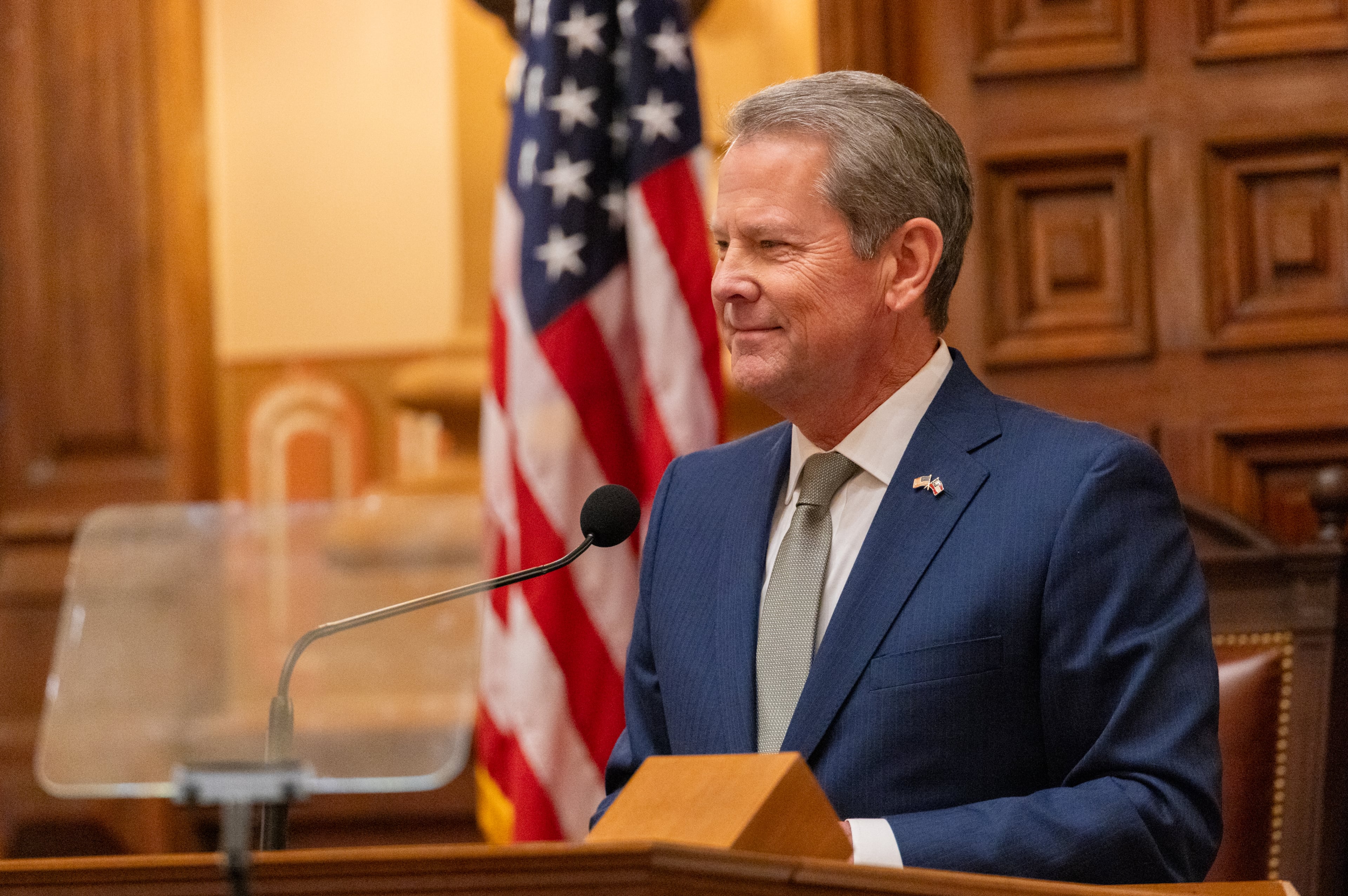Southern Company joins bid to land regional hydrogen hub

Southern Company, the parent company of Georgia Power, is joining many of the Southeast’s largest utilities in launching a joint bid to bring a hydrogen hub to the region.
The company and its partners announced this week that they intend to apply for some of the $8 billion in new federal funding the U.S. Department of Energy (DOE) has made available from the Bipartisan Infrastructure Law, which President Joe Biden signed last year. Biden’s administration has set a goal to achieve net-zero emissions for the U.S. economy by 2050.
In addition to Southern Company, the coalition seeking to land the hydrogen hub includes Dominion Energy, Duke Energy, Louisville Gas & Electric Company and Kentucky Utilities Company, the Tennessee Valley Authority, plus the science and technology giant Battelle and others.
Other companies from across Alabama, Georgia, Kentucky, North Carolina, South Carolina and Tennessee are expected to join the bid as it advances, the coalition members said in a release. The coalition touted the economic benefits a hydrogen hub could bring to the Southeast, as well as the potential role the fuel can play in reducing greenhouse gas emissions.
“Southern Company views hydrogen as a powerful opportunity to provide an energy system that is abundant, affordable, reliable and resilient in a net-zero future,” said Chris Cummiskey, Southern’s executive vice president and chief commercial officer.
The DOE has said it intends to fund between six and 10 hubs, with the possibility for more in the future. It is up to the agency to decide where it will locate the facilities, but there is interest in bringing one to Georgia.
In June, a group of Georgia business, academic and political leaders sent a letter to Energy Secretary Jennifer Granholm, making the case to locate one of the projects in the Peach State.
U.S. Senator Jon Ossoff, who helped organize the June letter, praised the utility and energy companies’ push for a regional hydrogen hub, saying in a statement that “advanced hydrogen energy infrastructure will strengthen Georgia’s energy security and help Georgia businesses and families thrive.”
Hydrogen is the most abundant element in the universe and has drawn interest for years as a promising, low-carbon fuel and energy source. Hydrogen is already used in some vehicles and can be burned in power plants.
Earlier this year, Georgia Power successfully used a blend of 20% hydrogen and 80% natural gas for the first time in one of its turbines at Plant McDonough-Atkinson in Cobb County. And while the auto industry is abuzz with new EV investments, some manufacturers are also producing or developing vehicles that run on hydrogen fuel cells, as they move away from fossil-fueled transportation.
However, questions remain about whether hydrogen expansion really is an effective way to reduce emissions of the heat-trapping gases that are causing climate change.
So-called “green hydrogen” can be produced using renewable energy, but roughly 96% percent of the hydrogen produced today is derived from fossil fuels. That process requires lots of energy and still results in emissions of carbon dioxide and methane, an ultra-potent greenhouse gas.
The DOE has said the goal of the funding is to create a national network for “the production, processing, delivery, storage, and end-use of clean hydrogen.”
Concept papers for those interested in the new funding are due by Monday, Nov. 7, and final applications must be submitted by April 7, 2023.
It was not immediately clear when the federal government will make final decisions about where to locate the hydrogen hubs and allocate the funds.


